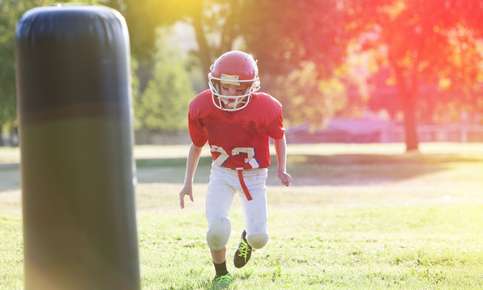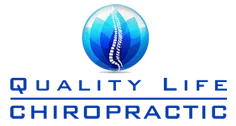
Concussions are becoming increasingly common, especially among school-age athletes. It has been estimated that there are up to 3.8 million sports-related concussions in the United States each year. Concussions are problematic as, by definition, a concussive injury involves some degree of trauma to the brain. A concussion injury literally jolts the brain, causing this precious organ to bounce against the bony walls of the skull. The violence of the blow directly determines the degree and extent of brain cell damage. Importantly, any person can experience a concussion from having sustained a blow to the head. Falls are commonly implicated in a concussion history, especially in those who run or walk for exercise and may trip over a crack in the sidewalk or a hidden tree root on a trail, as well as in the elderly.
In 2013, the American Academy of Neurology (AAN) issued its latest update on the Evaluation and Management of Concussion in Sports. The update, representing a summary of evidence-based guidelines, referenced several standardized symptom checklists including the Standardized Assessment of Concussion and the Post-Concussion Symptom Scale/Graded Symptom Checklist, both of which had moderate to high sensitivity and specificity in identifying sports-related concussions when administered soon after a suspected concussion. In 2013, the AAN also published Concussion During Sports Activities, a summary of evidence-based guidelines for patients and their families. The AAN documents note that concussion symptoms include headaches, dizziness, double vision, confusion, sensitivity to light or sound, and nausea and vomiting. Signs of a concussion that others can observe include slurred speech, changes in balance and coordination, a blank stare, and behavior and personality changes.
Concussion resolution may be evaluated by use of standardized checklists and return to age-matched normative values regarding cognitive performance and physiological function, as well as neurocognitive testing. An athlete who has sustained a concussion should not return to play/practice until her or his physician has assessed that the athlete is asymptomatic, the concussion has resolved, and the athlete is off medication.
Once a patient's concussion has resolved, chiropractic care can provide substantial assistance. A blow to the head necessarily involves trauma to the neck vertebras (cervical spine) and regional muscles, tendons, and ligaments. As well, an injury significant enough to cause a concussion can also cause damage to the spinal nerves in the neck. Such trauma can cause nerve irritation and interfere with the normal motion of the cervical spine. Spinal dysfunction and nerve irritation/interference can then cause a range of pain symptoms and altered physiological function, not only in the neck and shoulder region but also in other locations and other systems such as the gastrointestinal, immune, and endocrine systems.
By beginning or continuing regular chiropractic care once concussion symptoms have resolved, a post-concussion patient can obtain treatment that will help ensure that her or his spinal column and nerve system are functioning at peak capacity. In this way, regular chiropractic care helps post-concussion patients achieve and maintain optimal levels of health and well-being.
- Broglio SP, et al: National Athletic Trainers’ Association Position Statement: Management of Sport Concussion. J Athletic Train 49(2):245-265, 2014
- American Academy of Neurology: Update: Evaluation and Management of Concussion in Sports, 2013 — https://www.aan.com/Guidelines/Home/GetGuidelineContent/583
- American Academy of Neurology: Concussion During Sports Activities: Summary of Evidence-based Guidelines to Patients and Their Families, 2013 — https://www.aan.com/Guidelines/Home/GetGuidelineContent/586
